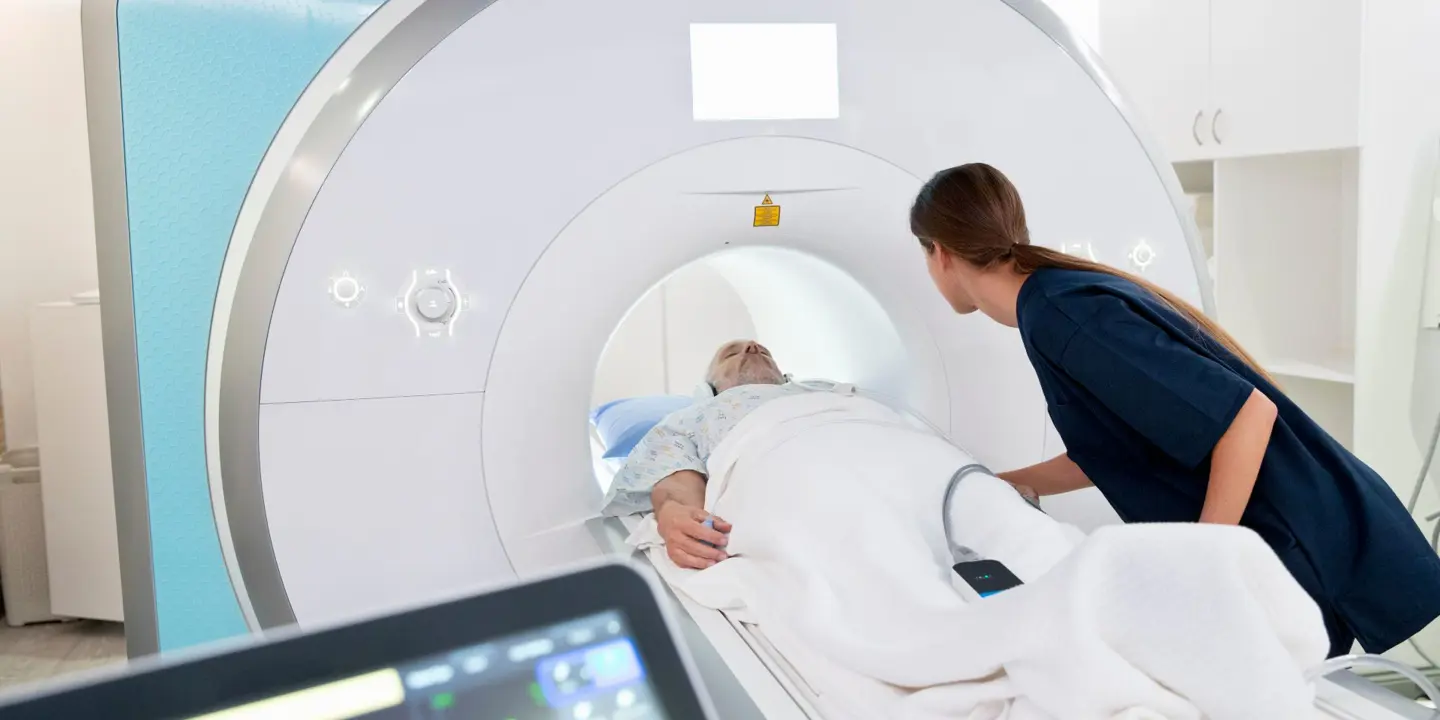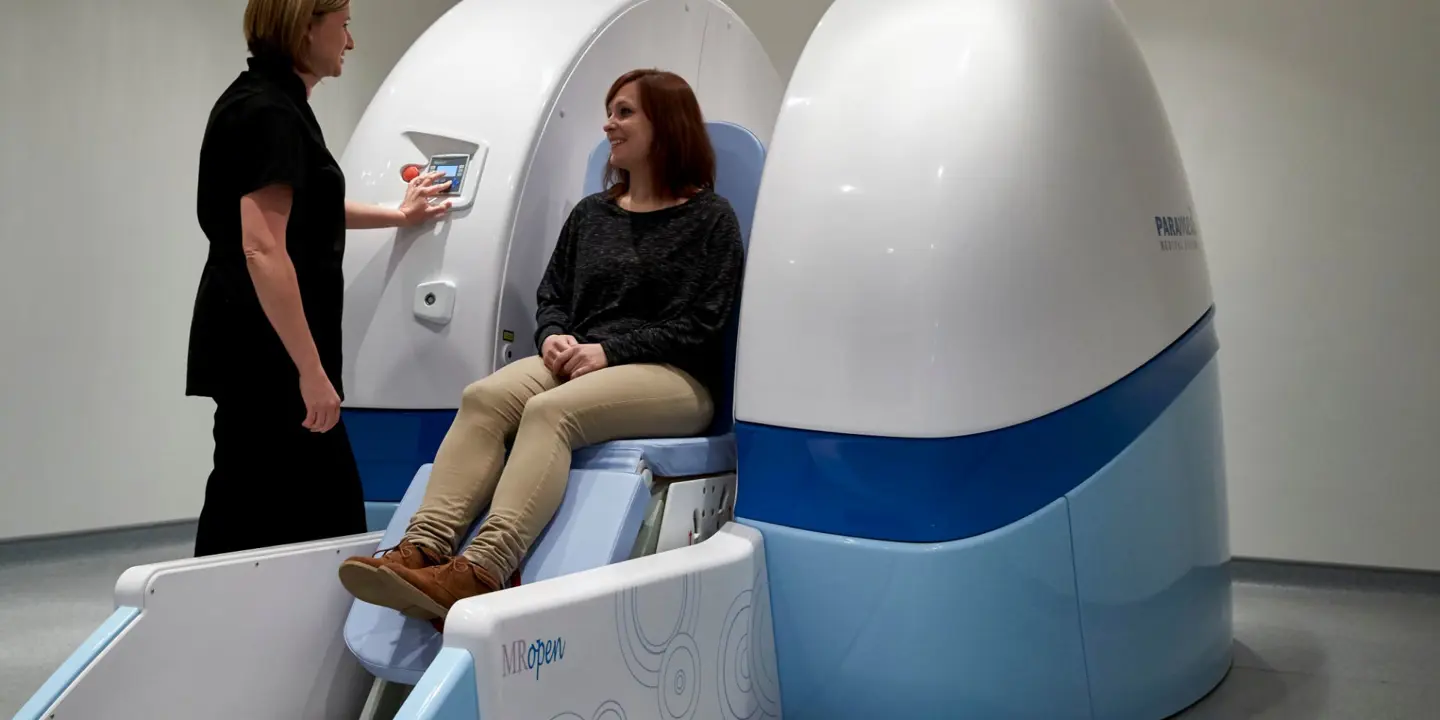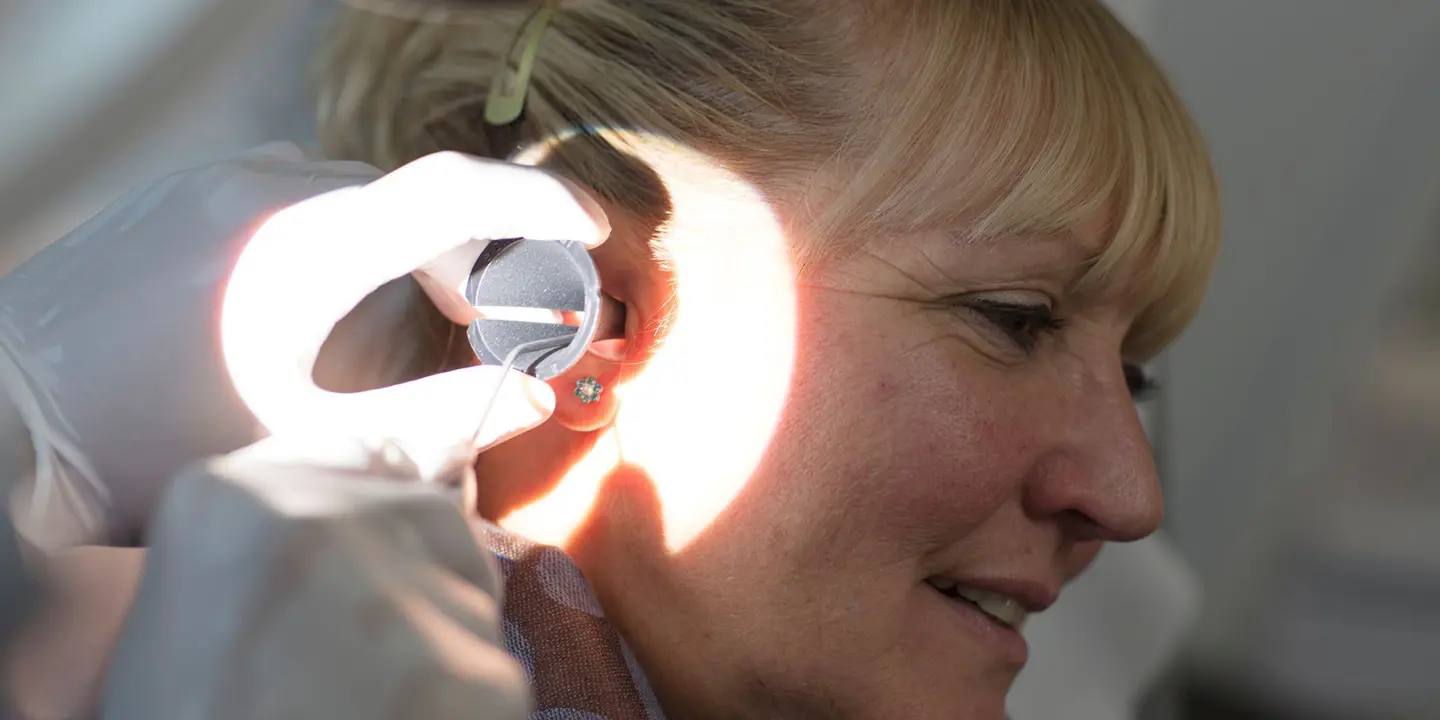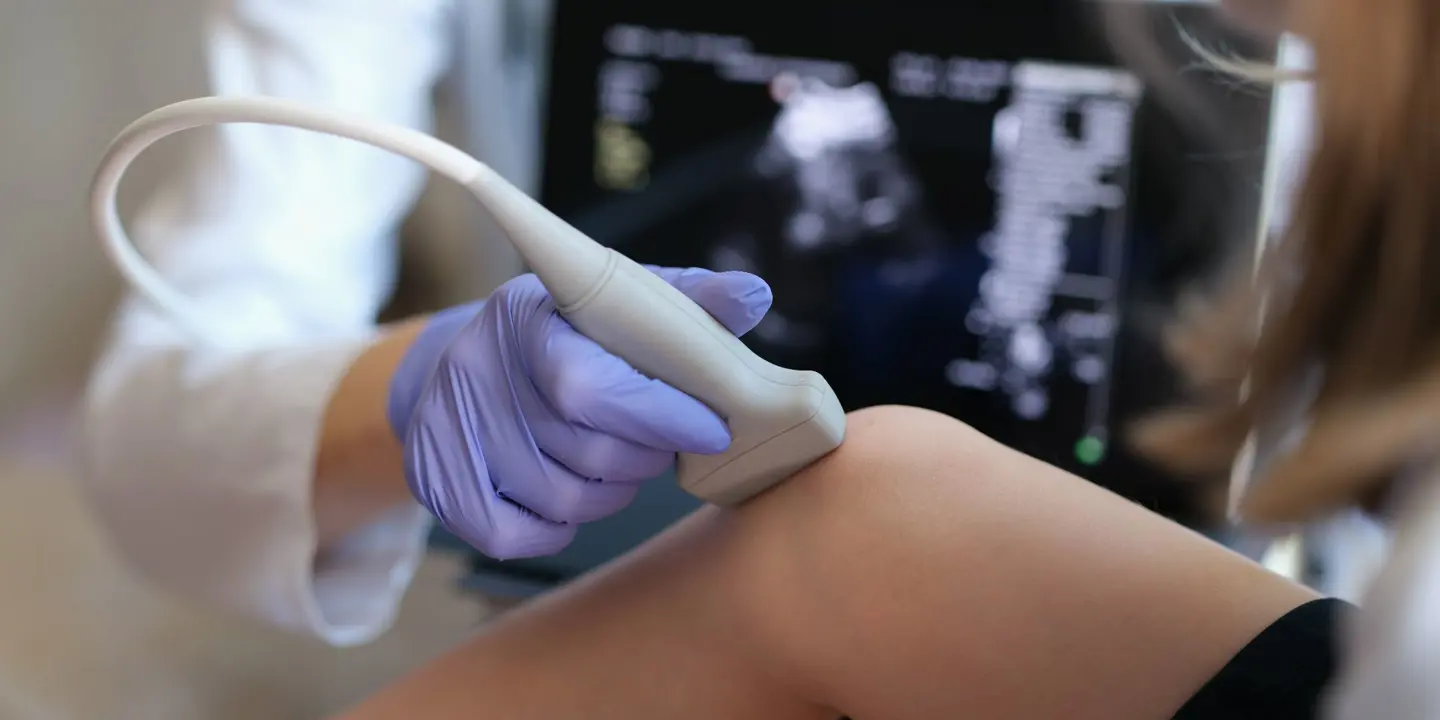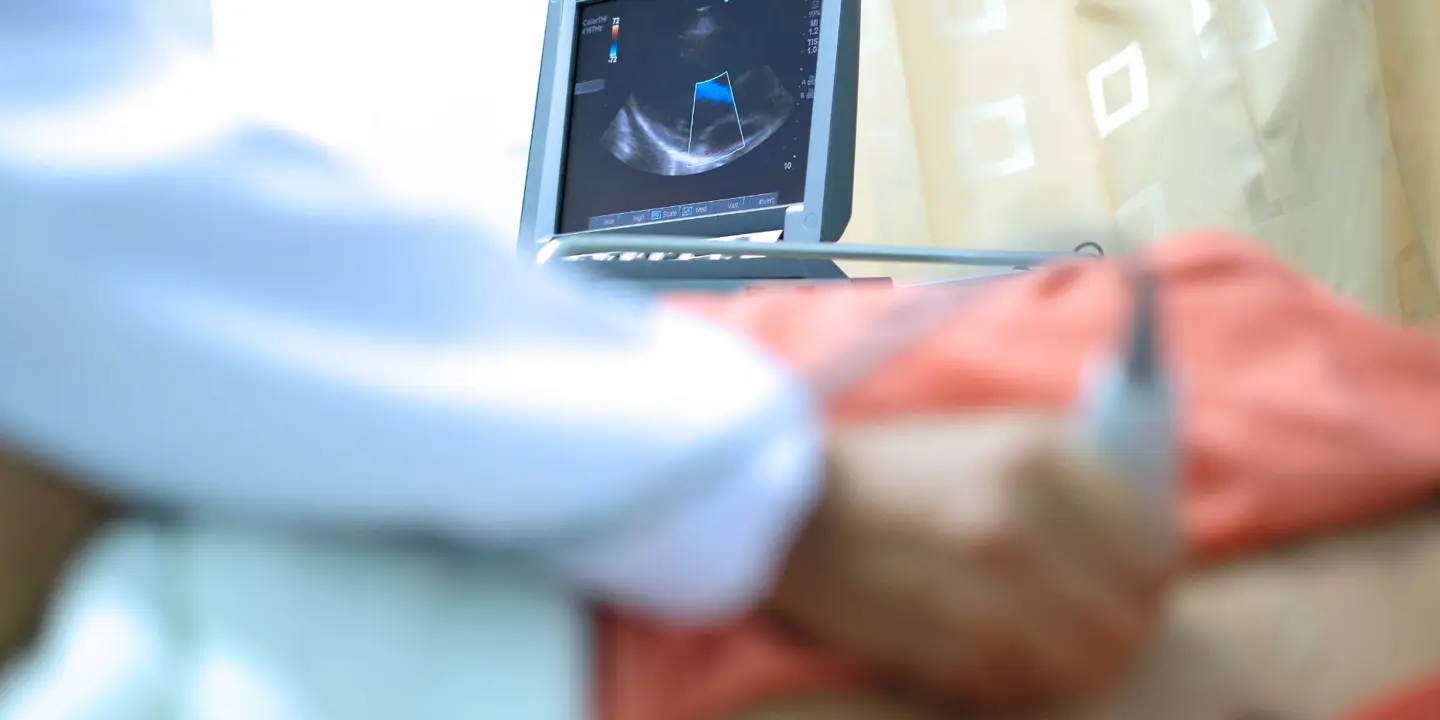The effect of severe headaches and migraines can be debilitating. According to the National Migraine Centre, around 6 million people in the U.K. suffer from migraine headaches with most having symptoms severe enough to disrupt personal and work life.
While there is no cure for migraines as yet, recognising and avoiding triggers can help reduce the risk of occurrences.
Vista Health offers helpful tips for preventing headaches and migraines before they even begin.
1. Make Better Food Choices
Incorporate more whole foods into your diet and cut back on process foods. You should also minimise your caffeine and sugar intake, and avoid foods with nitrates and MSG, which may cause migraines in some individuals.
2. Start a Headache Diary
Keeping a headache diary can help you get a better understanding of the relationship between your triggers, migraine episodes, and lifestyle. Take note of how often a migraine occurs and what you were doing when the episode occurred. For instance, some people find that the following leads to migraines:
● Changes in the sleep cycle
● Menstrual periods
● Exercise
● Smoking
● Extreme fatigue
● Certain foods and drinks
● Weather changes
● Skipping meals or fasting
● Bright, flashing lights
● Specific odors
3. Keep Track of Hormonal Changes
Hormonal changes can significantly impact migraine symptoms. Many women report experiencing migraines during or before their menstrual period. Experts recommend observing a healthy diet and exercising regularly to help relieve symptoms.
A study by the Mayo Clinic also suggests that oral contraceptives and hormone replacement therapy may increase the risk and severity of migraine. However, switching to a different birth control may help relieve symptoms.
4. Don’t Skip Meals
Skipping meals or fasting can lead to migraine headaches. Ideally, you should eat breakfast at least an hour after waking up and eat every three to four hours after that. In addition to eating meals on time, ensure that you drink enough water as dehydration also triggers migraines.
The recommended water intake is 3.7 litres per day for adult males and 2.7 litres per day for adult females.
5. Get Some Zzz’s
Not getting enough rest can aggravate migraine symptoms. Aim for at least 7 to 8 hours each night. If you have sleep issues, consult your doctor to rule out any underlying conditions. Additionally, you could try relaxation techniques such as meditation and yoga.
6. Practice Relaxation Techniques
A study by the American Headache Society reveals that 4 out of 5 individuals list stress as a common migraine trigger. While you can’t entirely avoid stressful situations, there are steps that you can take to reduce your stress levels. These may include light exercise and getting enough sleep.
7. Listen to Your Body
Regular exercise has various health benefits. However, intense physical activity like weight lifting can aggravate symptoms. Consider switching to less strenuous exercises like tai chi, yoga and light aerobics.
Say Goodbye to Headaches and Migraines
A chronic migraine could be caused by an underlying condition, such as a traumatic brain injury, a brain tumor, and infections like meningitis. At Vista Health, we have some of the best diagnostic tools in the UK. We can perform an upright MRI scan and a body CT scan to help determine the cause of your migraine. Our team of doctors will design a treatment plan that best suits your condition.
Don’t let migraines interfere with your day-to-day life. For more information or to book an appointment, reach out to us today.



